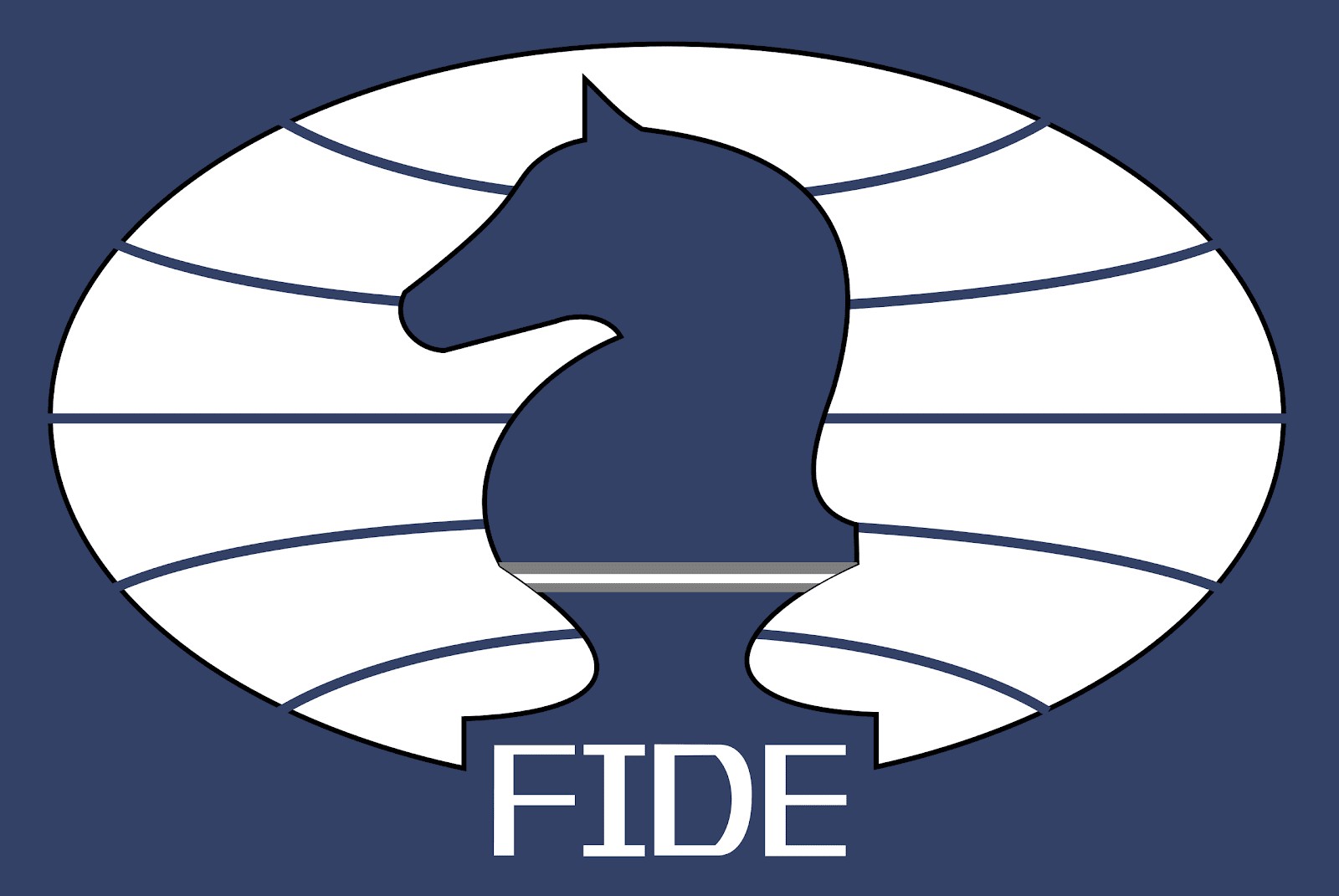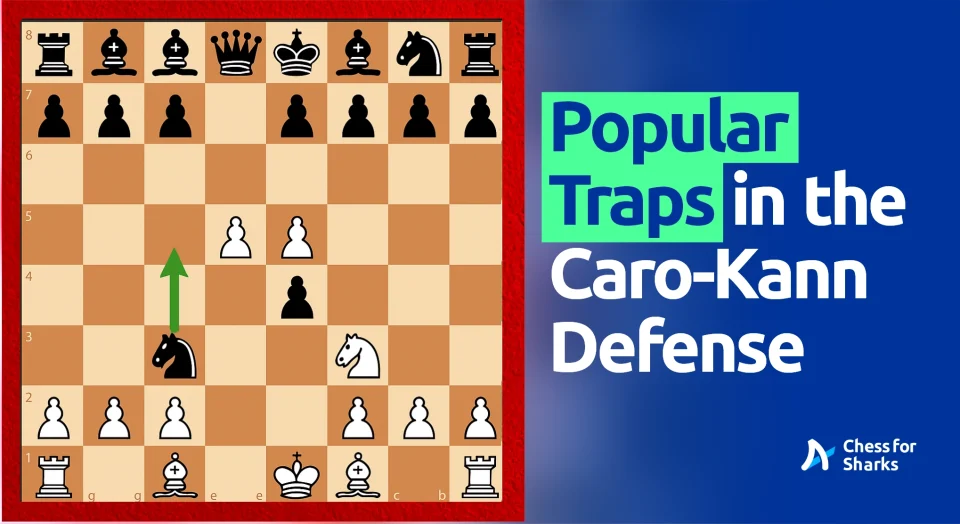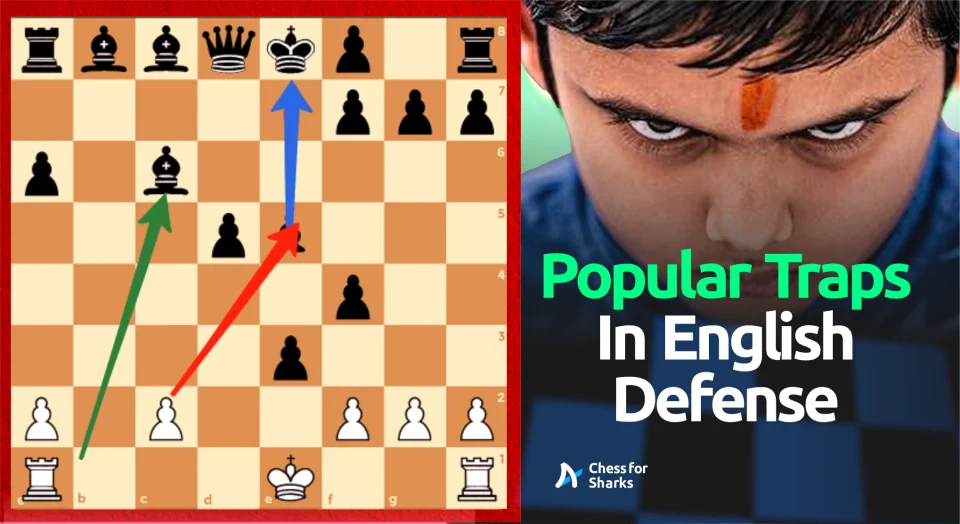Classical chess has long been regarded as the purest form of chess, dating back to the era of the first world champion, Steinitz.
However, the ongoing online debate, particularly the battle led by Magnus between Freestyle and FIDE, has diverted the attention of chess fans from classical chess to quicker formats like blitz, rapid, and the increasingly popular Chess960.
The growing popularity of online chess, driven by platforms like Chess.com, has made this debate more heated.
Let’s examine both perspectives to answer the question: Is classical chess dying in 2025?
Historical Prestige of Classical Chess
Classical Chess has been referred to as the purest form of chess from time immemorial, and several world champions have shown their dominance in this format through the World Chess Championship.
Classical games allow for deep calculation and long-term strategy with fewer random blunders.
Modern Shift
With the recent online chess boom, many new players play a lot of online chess, specifically in the blitz and rapid formats on platforms like Chess.com and Lichess.org, which have popularized faster formats.
Magnus Carlsen, in particular, argued that classical chess is too slow for the modern audience.
The Magnus Influence

Magnus Carlsen is unarguably one of the top 10 best chess players of all time.
He is also leading the charge against classical chess, which is quite ironic considering he was a 5-time classical world champion.
He once said,
“Faster chess, it is a sport. It’s sort of a pure sport kind of thing. But when you get to longer forms of freestyle, it becomes more science, art.”
However, his preference for shorter formats and displeasure with classical chess are not questionable since he declined to defend his title in 2024.
His displeasure with classical chess is best illustrated by his efforts with the Freestyle Chess Players Club, which is one of the main pioneers of Chess960 at the top level of chess.
The appeal of a limited opening repertoire and the enjoyable nature of Chess960 make his stance understandable.
Apart from Magnus Carlsen, other elite players have followed suit, including Ian Nepomniachtchi, Levon Aronian, and Hikaru Nakamura, who have shown a preference for Chess960 and shorter time formats.
Tournaments like Titled Thursday, Grand Chess Tour, Chess.com Global Championship, FIDE online events, and, more recently, the eSports World Cup, all feature faster time formats.

Fans vs. Professionals: The Divide
Fan’s Perspective
Many find classical games too long, especially when following live commentary. They prefer dynamic tactical battles of rapid and blitz events.
The rapid and blitz events are so popular and common that none are memorable compared to landmark classical events like the candidates or the world championship.
Professionals’ perspective
For the professionals, there are two contrasting lines of thought.
For most, classical chess remains the ultimate test of skill, while some grandmasters argue for the blitz flavor of quick reflexes.
Newer players grew up grinding online blitz, making them more inclined to shorter time controls, which they play a lot.


What 2025 looks like
As highlighted in our 2025 chess tournament calendar, 2025 showcases many classical events alongside a surge in freestyle events, offering larger prize pools compared to their classical counterparts.
Online events like the eSports World Cup provide entertainment value.
Is Classical Chess really dying?
Short answer: Classical chess is not dying; it is transforming in response to modern demands.
The viewer statistics alone from the World Championship are among the highest for any chess events in recent years.
This indicates that classical chess is not dying but redefining its place in modern chess to accommodate audience demands.
Classical chess remains the highlight of prestigious events for championships, while blitz and rapid tournaments dominate mainstream tournaments.
Navigating the delicate balance between tradition and mass accessibility is the crucial task for any chess events in 2025 and beyond.
Perhaps the best comparison is with cricket. Test matches remain the pinnacle for purists, while shorter formats such as T20 dominate global popularity.
Chess may be on a similar path: classical as the crown jewel, with faster formats fueling the sport’s growth.
The Impact of Engines and AI on Classical Chess
The biggest challenge facing classical chairs is the sheer power of modern engines.
With tools like Stockfish, Leela, and AI-assisted cloud analysis available, the opening phase of a chess game has shifted towards memorization rather than creativity and critical thinking.
At the elite level, many players can play 20 to 30 moves of engine-approved preparations, leaving little to no surprise in the opening phase of the game.
This has resulted in what most people describe as the tendency for draws in classical chess, where games often end without a clear winner.
Despite perfect preparation and top grandmasters investing hours in the game, the matches are technically brilliant and precise, yet they may lack excitement for fans.
Even Magnus Carlsen has criticized the format, saying that many classical encounters feel “soulless”; they are decided in home preparation rather than over the board play.
That is why formats like Chess960 are gaining momentum amongst top players.
Chess960 eliminates deep opening theory, forcing players to rely on raw calculation, creativity, and chess strength.
Fans also find it refreshing to watch an elite player navigate an unfamiliar position rather than repeating memorized lines.
Final Words
Classical chess is not dying in 2025; it is transforming. Although formats like rapid blitz and Chess960 dominate online platforms and esports, classical chess remains the ultimate test of endurance, strategy, and legacy.
Magnus Carlsen’s influence, combined with the online chess boom, has shifted fans’ attention toward faster, more entertaining formats.
However, the enduring prestige of the World Championship and Candidates solidifies classical chess as the crown jewel of the chess world.
The future of chess is not a battle of survival but one of coexistence: classical for tradition, rapid and blitz for mass accessibility and entertainment, and Chess960 for creativity.







join the conversation